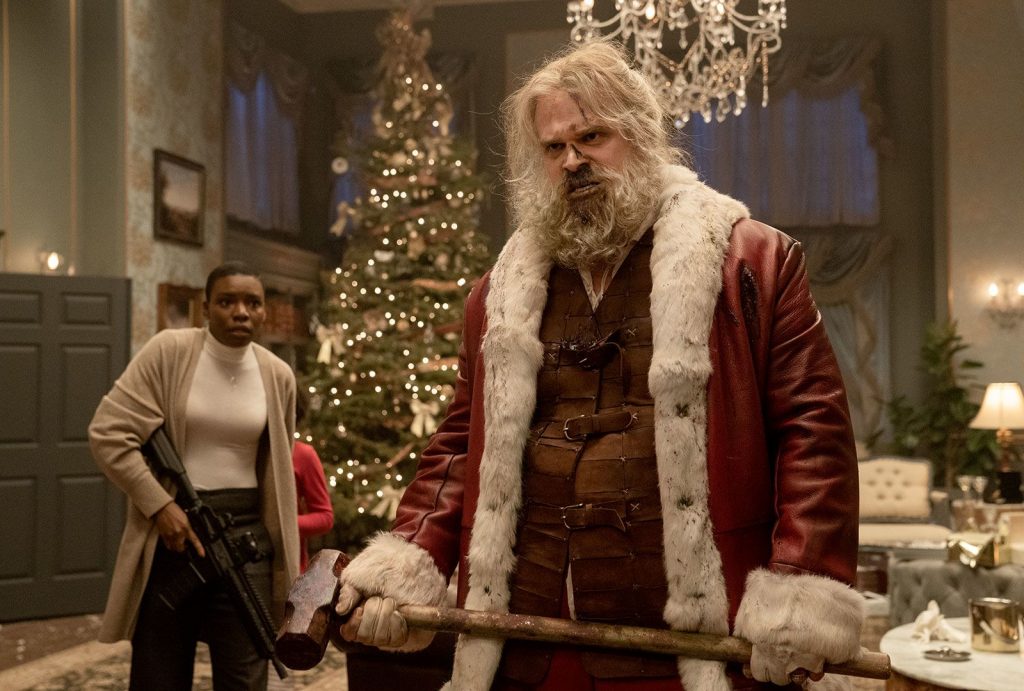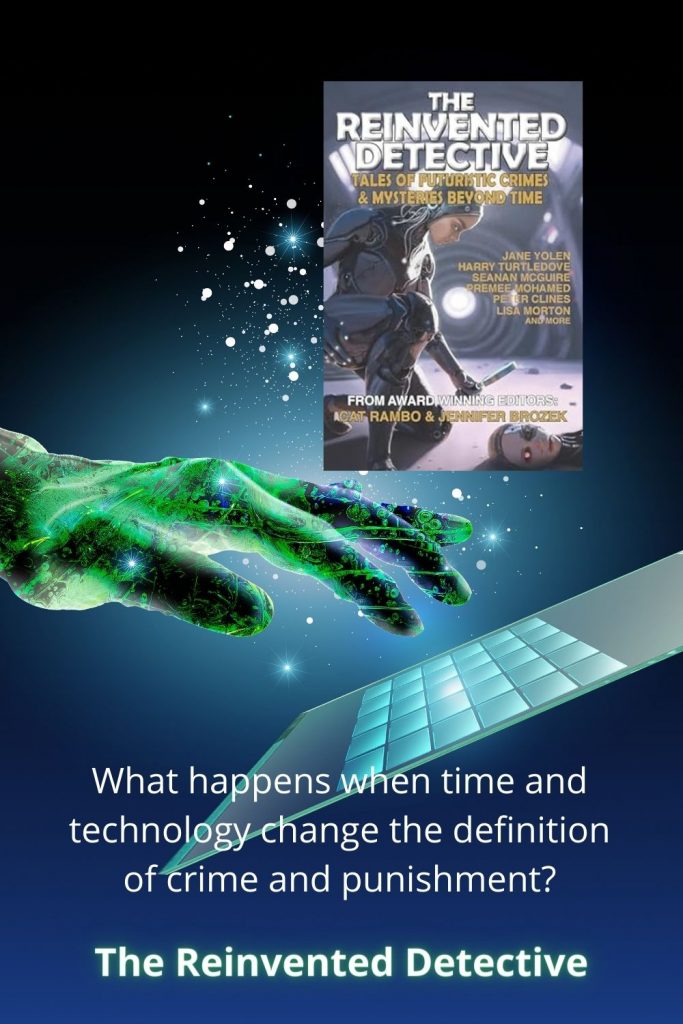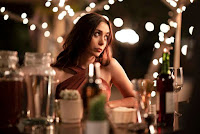Last week was a bit of a flop, sorry. It happens sometimes, and I’m trying to be better about not letting it throw everything off for a week. We’ll still talk about throwing things out, don’t worry. I’m rescheduling a bit, moving a few things back on the calendar
Speaking of the calendar… Valentine’s Day is next week! With all the fun indoor (and sometimes outdoor, if you’re daring) activities many of us associate with said holiday.
So I though, in the spirit of the day, it might be worth revisiting the sometimes awkward topic of… writing sex scenes.
Don’t worry. None of this is going to be too explicit or NSFW and it probably won’t get your work machine flagged. You know your boss better than I do. Move forward accordingly.
Like sex itself, a lot of writing sex is going to come down to our own personal preferences, comfort zones, and what works in a given situation. As such, it’s going to be really tough to offer any specific advice about when and where and how these moments should happen in your book.
What I wanted to talk about here is more the act itself, so to speak. Writing sex scenes is a skill, just like writing action or gore or anything else. It’s a balancing act of too much vs. too little, exciting the reader or maybe horrifying them, and it’s ridiculously easy to make people roll their eyes.
No, not like that.
So here’s a few things I tend to keep in mind when writing a sex scene.
One is that we don’t always need to show sex happening in order for sex to have happened in my story. Nuance and subtext are a huge part of sexiness—on the page and in real life. If Phoebe drags Yakko off into the forest while the rest of us are siting around the campfire, we can make an educated guess what they’re probably doing out there. Especially with context. If they’ve been flirting for the whole trip up to the mountain, whispering to each other while setting up tents, and they come back half an hour later with stupid grins, wrinkled clothes, and leaves in their hair… I mean, is anybody confused what they were doing out there?

So depending on the overall tone of my story, maybe I don’t actually need to write out my sex scene—I can just let my reader fill in the blanks themselves. And again, like so many well-done subtle things, this can end up being much, much sexier than actually spelling everything out. As an artist friend once pointed out, “nudity isn’t sexy. It’s what you don’t see that gets you turned on.”
Probably worth noting that, like any kind of subtext, there’s always the possibility it’ll slip past some folks. So depending on how important this particular hookup is to my plot or my story, I may want to be a little… y’know, less subtle. Just to help keep things moving. Still don’t have to show anything, but maybe drop one or two more clues when we return from our walk in the woods.
Two, if I’m going to show my sex scene, I want to remember that sex is… well, action. Not necessarily in “expending lots of energy and effort” (although that might be the case in this story), just that actual, physical things are happening in my story. And like any other action, it gets dull fast when it’s written poorly. Yes, it can get dull.
There’s going to be some exceptions, but I think most action shouldn’t feel like it takes much longer to read then it would take to happen. Nobody wants to read about a three paragraph sniper shot or a four page fist fight. When I over-analyze or over-describe anything, I’m slowing the pace of my story, and I don’t want to slow things down to tell my reader how fast things are happening.
And writing about sex works the same way. I’m not saying every sex scene has to have the frantic intensity and enthusiasm of two college sophomores, but If I’m telling you these two people are eagerly ripping each others clothes off and it’s taking six paragraphs for it to happen… you’re probably going to start skimming. And that’s never good. Strong action trusts that the reader’s going to fill in a lot of the blanks and understand what happened between A and C.
Now, since we’re talking about describing all that action…
Three would be personal taste. I think the catch with writing explicit sex scenes is they essentially become porn. Porn, as a friend once pointed out, is when we see everything. And after a certain point, that’s pretty much exactly what we’re talking about with any written-out sex scene. And some people like porn, some don’t. No judgment either way. That’s just a simple truth.

But there’s more to it than that. Because even the people who do like porn don’t all like the same kind of porn. This particular act really turns me on, but you find it kind of quaint and almost routine. Reading about that might weird me out, this might be a complete non-starter for you, and that… okay, that seriously disturbs both of us. On a number of levels. It’s a pretty safe bet that the more explicit—or shall we say, exotic—my sex scene becomes, the less people it’s going to appeal to. And the more people it’s going to… not appeal to.
This is going to be one of those points where I want to have a very clear sense of who the audience is going to be for this story. And I need to be honest about that. What kind of sex scene I put in, and how I describe it, is going to have an impact, so I want to be sure it’s the kind of impact I’m trying for.
Four, last but not least, is something I’ve also talked about with my rules of love that I bring up now and then. Y’see, Timmy, for a long time Hollywood tried to convince us if two good looking people (or even average-looking people) ended up alone in an apartment, a car, an office, a cave, whatever… they’d have sex. It was just what people did. What else were they going to do? Talk? Watch television? Read?
And there are a lot of reasons to think this way. A fair number of people enjoy sex. A decent amount of folks have a phase in their lives where sex is a high priority. And crass as it may sound… sex sells. More than a few filmmakers sold an additional ticket or three (or four or five rentals) off the promise of skin and naughtiness.
But the truth is… most of us don’t have sex at the drop of a hat. And there are times and places that it’s just not going to work. For any number of reasons. Sometimes the reason that sex scene feels kind of forced and gratuitous is because… well… it is
So go forth on this holiday and write your sexy moments. But please consider if you really need to show them. And how they’re paced. And who you’re writing them for. And if they should be there at all.
Next time… I’d like to talk about the new tabletop game my friends and I have been playing. And how it relates to writing.
Until then, go write.
Happy Valentine’s Day.









